 The Jones Act is a set of federal rules that protects American workers injured while working at sea. Also referred to as the Merchant Marine Act of 1920, this law allows qualifying sailors who have been involved in accidents or become sick while performing their duties to recover compensation from their employers. So does everyone that is injured or who becomes sick while working offshore automatically qualify for benefits under the Jones Act? Not always. In the following case that stems from an oil platform injury we see how the courts evaluate the seaman status (status necessary to receive benefits) under the Jones Act.
The Jones Act is a set of federal rules that protects American workers injured while working at sea. Also referred to as the Merchant Marine Act of 1920, this law allows qualifying sailors who have been involved in accidents or become sick while performing their duties to recover compensation from their employers. So does everyone that is injured or who becomes sick while working offshore automatically qualify for benefits under the Jones Act? Not always. In the following case that stems from an oil platform injury we see how the courts evaluate the seaman status (status necessary to receive benefits) under the Jones Act.
Michael Alexander was employed by Express Energy Services Operating, L.P.’s plug and abandonment department which plugs decommissioned oil wells in various locations off the coast of Louisiana. In 2011, Michael’s foot was injured while working a project on a platform. Michael and the crew were working on the platform at the time of his injury but the crane that injured him was located on a liftboat operated for the benefit of the crew. Michael filed his action under the Jones Act (46 U.S.C. § 30104) seeking maintenance and cure benefits. Express filed a motion for summary judgment contradicting Michael’s seaman status stating that Michael was a platform-based employee who failed to satisfy the test for seaman status. A motion for summary judgment is a legal filing that states the law does prevents the other party in the lawsuit from proceeding for various reasons. In this case Express filed their summary judgment motion stating that Michael was not a seaman under the provisions of the Jones Act.
For the court to have decided against summary judgment, Michael would have had to show that there was a possibility of his employment status qualifying as a seaman and falling under the Jones Act. To qualify as a seaman an employee has to prove two things laid out by the Supreme Court in the Chandris case (515 U.S. 347 (1995). The first thing to prove is that the employee’s duties contribute to the running of the ship or vessel. The second thing to prove is that the employee performs a substantial amount of his duties on board the ship or vessel. The second part of this test is the most important to the analysis of seaman cases and is in place to separate the employees who are entitled to the protection of the Jones Act from the land-based employees who are not exposed to the same risks as employees who spend a majority of their time at sea.
 Louisiana Personal Injury Lawyer Blog
Louisiana Personal Injury Lawyer Blog


 Inferior vena cava (IVC) filters were designed and sold as a supposedly secure fallback to help avert pulmonary embolism for patients who for various medical reasons could not take blood thinners. Unfortunately for over the last ten years these filters have continuously been alleged to have been at fault for adverse conditions due to breaking of the filter. The best IVC filter lawyers have been pursuing these claims on behalf of their clients for several years now. While you can get a full run down of this litigation from a Louisiana IVC filter claim lawyer here,
Inferior vena cava (IVC) filters were designed and sold as a supposedly secure fallback to help avert pulmonary embolism for patients who for various medical reasons could not take blood thinners. Unfortunately for over the last ten years these filters have continuously been alleged to have been at fault for adverse conditions due to breaking of the filter. The best IVC filter lawyers have been pursuing these claims on behalf of their clients for several years now. While you can get a full run down of this litigation from a Louisiana IVC filter claim lawyer here, 
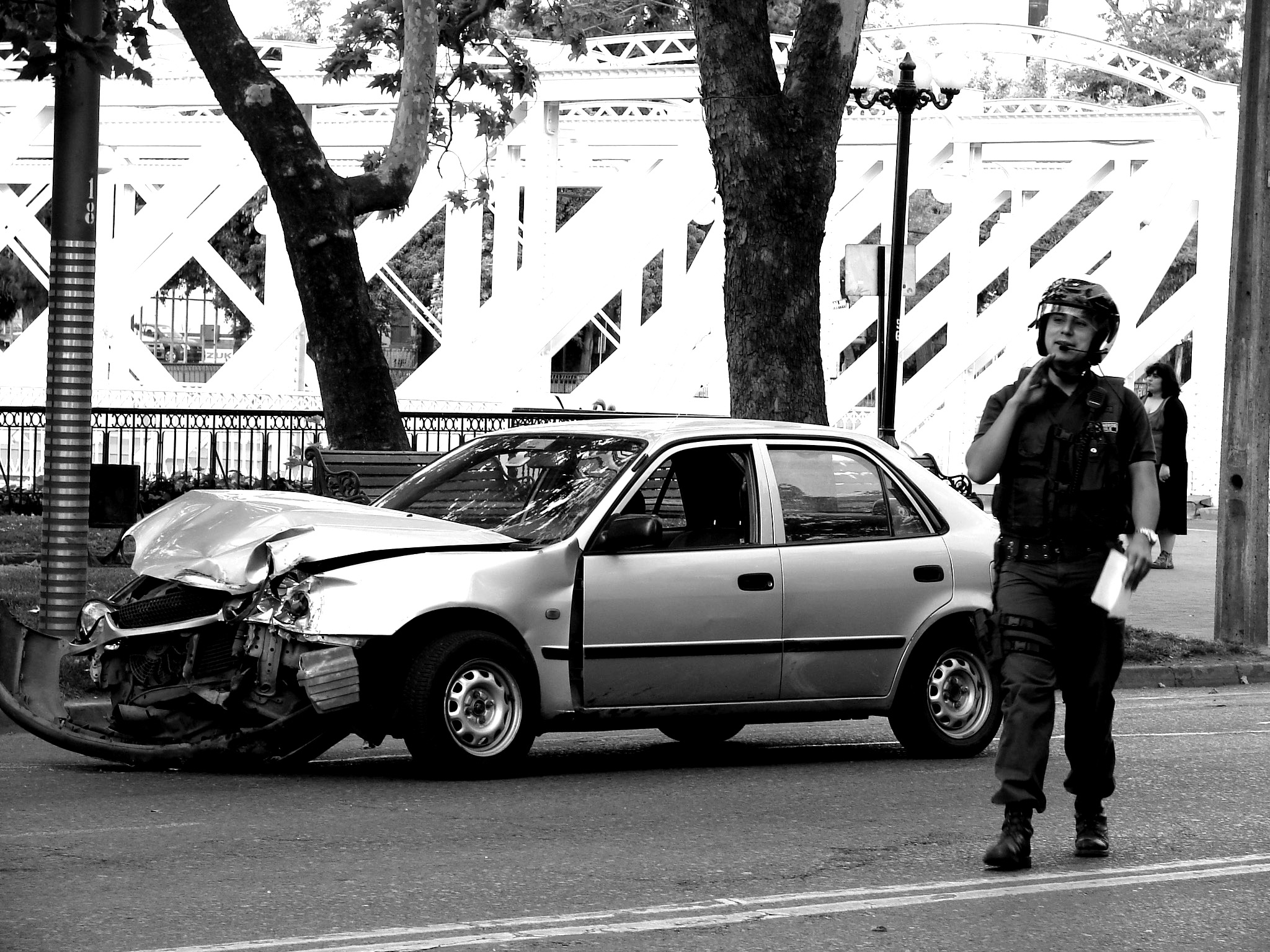 Being involved in an automobile accident or sustaining a serious injury can be very overwhelming. This is especially true if the accident was someone else’s fault. Although one may be disoriented after an automobile accident, it is pertinent that he/she follows all the necessary steps to ensure that the accident or injury is well documented. One’s first instinct may be to try to minimize the gravity of the situation; however, it is important to understand that a personal injury may have been sustained even if the symptoms are not immediately visible. One never knows if they will have a problem down the road from an injury sustained from the automobile accident, and therefore, a great attorney knows that their client will need proof and documentation to prove that the problem stems directly from the said automobile accident.
Being involved in an automobile accident or sustaining a serious injury can be very overwhelming. This is especially true if the accident was someone else’s fault. Although one may be disoriented after an automobile accident, it is pertinent that he/she follows all the necessary steps to ensure that the accident or injury is well documented. One’s first instinct may be to try to minimize the gravity of the situation; however, it is important to understand that a personal injury may have been sustained even if the symptoms are not immediately visible. One never knows if they will have a problem down the road from an injury sustained from the automobile accident, and therefore, a great attorney knows that their client will need proof and documentation to prove that the problem stems directly from the said automobile accident. 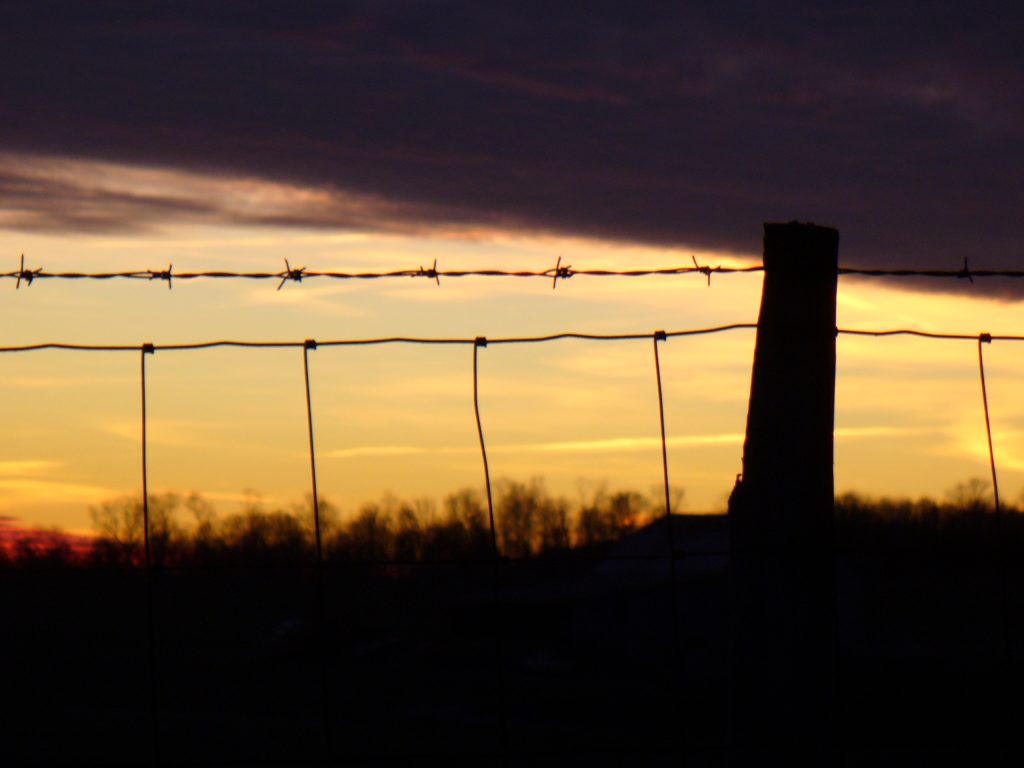
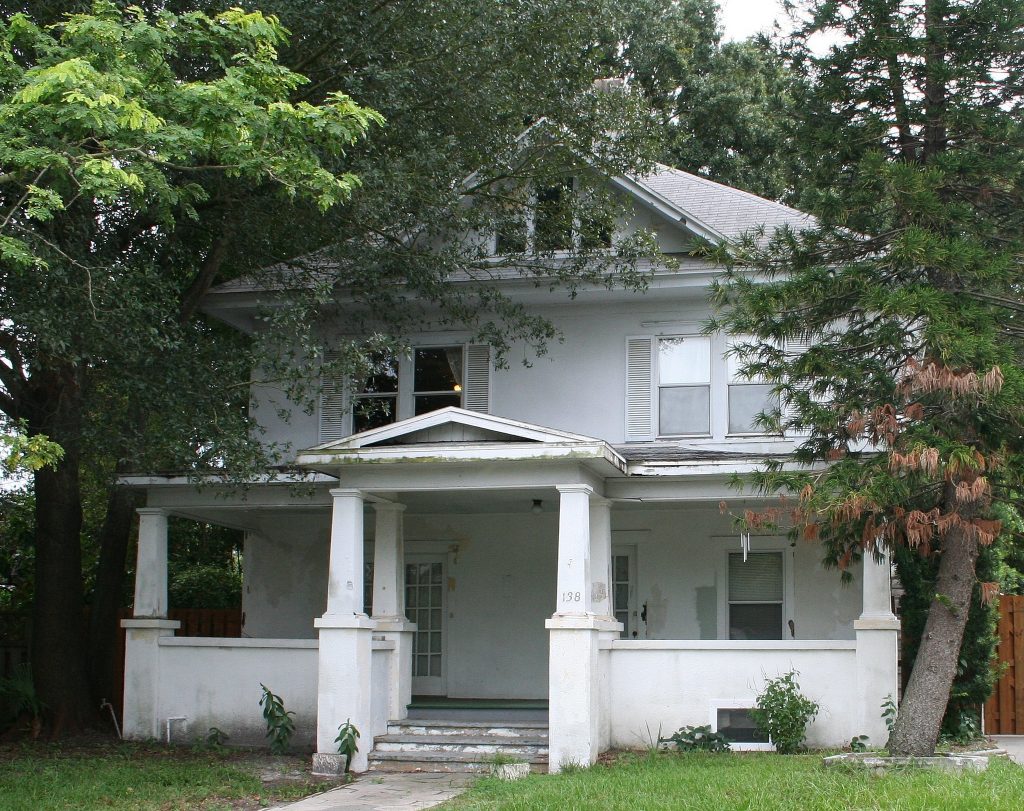 Under Louisiana civil procedure, it is well settled that “proper citation is the cornerstone of all actions.” If a party to an action is not served with process in the manner required by law, the result of that action is considered null and void. This requirement is intended to ensure that the defendant in a lawsuit is fully informed of the existence and subject of the plaintiff’s complaint. The concept of proper service is so essential, in fact, that even a defendant’s actual knowledge of a legal action cannot correct a defective citation and service of process. Therefore, a key skill of the attorney that you hire to represent you is a thorough understanding of the various and sometimes complex rules that control how process must be served on the defendant(s) in your lawsuit.
Under Louisiana civil procedure, it is well settled that “proper citation is the cornerstone of all actions.” If a party to an action is not served with process in the manner required by law, the result of that action is considered null and void. This requirement is intended to ensure that the defendant in a lawsuit is fully informed of the existence and subject of the plaintiff’s complaint. The concept of proper service is so essential, in fact, that even a defendant’s actual knowledge of a legal action cannot correct a defective citation and service of process. Therefore, a key skill of the attorney that you hire to represent you is a thorough understanding of the various and sometimes complex rules that control how process must be served on the defendant(s) in your lawsuit. No one wants to ever get involved in a slip-and-fall lawsuit. If your unfortunate enough to be injured in a slip and fall finding out who is responsible to pay for your injuries can become a troublesome matter. A recent Louisiana Fourth Circuit Court of Appeal opinion demonstrates just how complicated these lawsuits can get when a woman alleged she slipped and fell in the China Palace restaurant on South Carrolton Avenue in New Orleans.
No one wants to ever get involved in a slip-and-fall lawsuit. If your unfortunate enough to be injured in a slip and fall finding out who is responsible to pay for your injuries can become a troublesome matter. A recent Louisiana Fourth Circuit Court of Appeal opinion demonstrates just how complicated these lawsuits can get when a woman alleged she slipped and fell in the China Palace restaurant on South Carrolton Avenue in New Orleans. 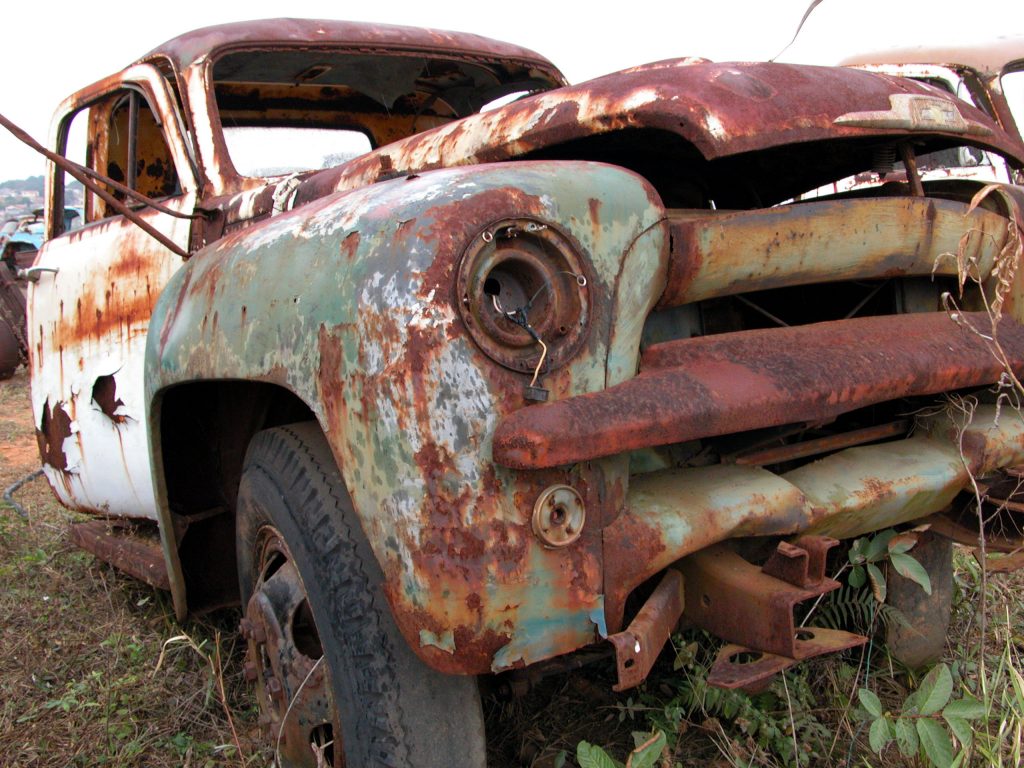 Buying a car is a huge endeavor for most people. Most of the time we do our due diligence and make sure we have a fair understanding of what we are purchasing. However, only so much information is under of our control. When buying a used car, we are often forced to go off of what the seller tells us about the vehicle. This can be nerve racking for many. It’s safe to say that the nerves tend to lessen when we are buying a used car from a certified pre-owned dealership, and the car is under warranty. Unfortunately, for two Louisiana men, a truck under warranty purchased from a reputable dealership caused more problems than were conceivable.
Buying a car is a huge endeavor for most people. Most of the time we do our due diligence and make sure we have a fair understanding of what we are purchasing. However, only so much information is under of our control. When buying a used car, we are often forced to go off of what the seller tells us about the vehicle. This can be nerve racking for many. It’s safe to say that the nerves tend to lessen when we are buying a used car from a certified pre-owned dealership, and the car is under warranty. Unfortunately, for two Louisiana men, a truck under warranty purchased from a reputable dealership caused more problems than were conceivable.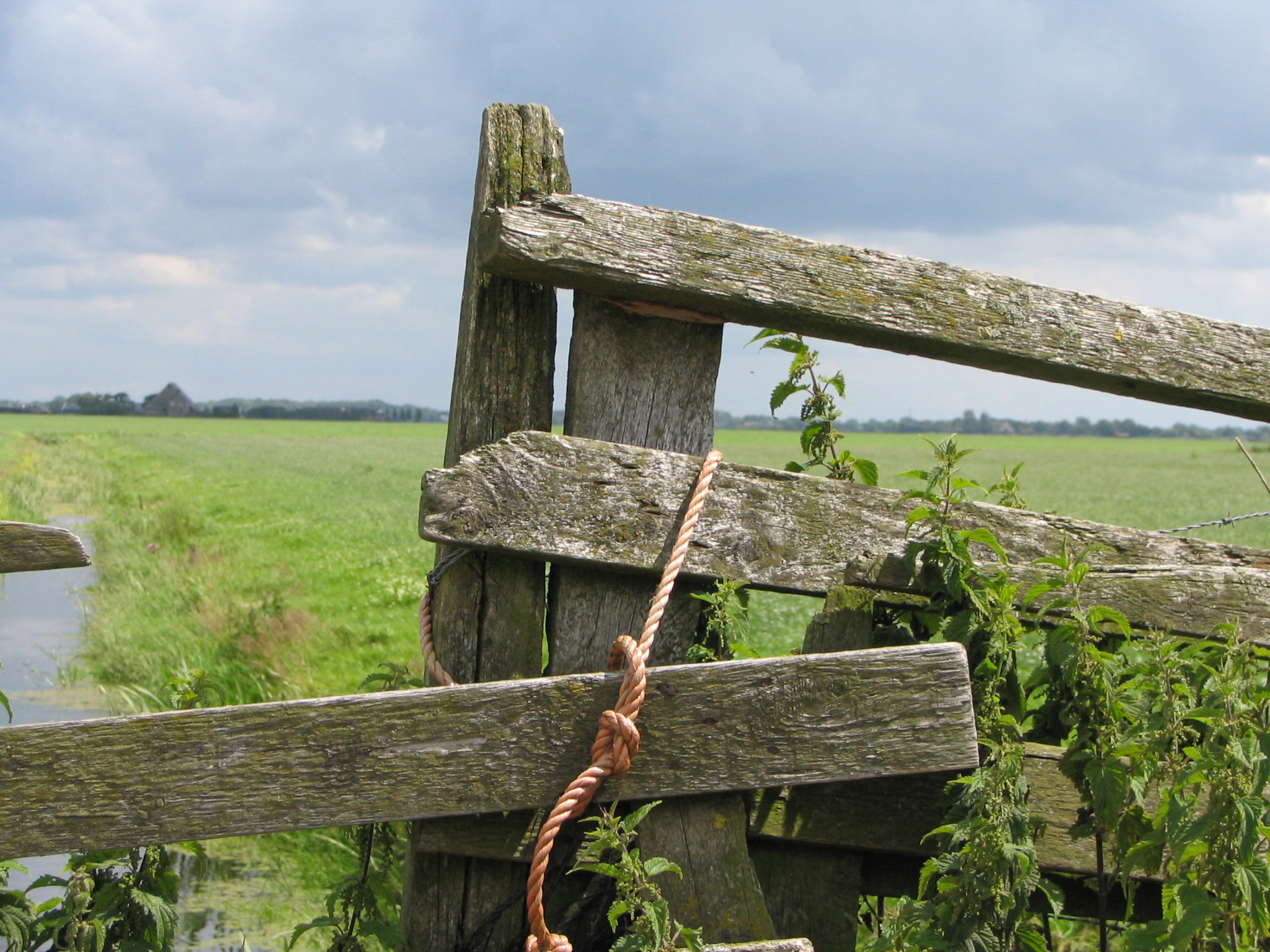 Gerald O”Hara from Gone with The Wind said it best, “The land is the only thing in the world worth working for, worth fighting for, worth dying for, because it’s the only thing that lasts.” While land ownership is a sacred right in this nation it does not prevent the state government from taking your land through a process called expropriation.That process requires that the State of Louisiana pay a fair price for private land that has been expropriated for public needs. The state must be careful in ensuring that they pay full value for the expropriated land as Louisiana statutes allow the landowner to recoup attorney fees if they are successful in proving the payment was less than adequate. The following case out of West Feliciana Parish demonstrates what can happen when expropriation doesn’t lead to fair compensation.
Gerald O”Hara from Gone with The Wind said it best, “The land is the only thing in the world worth working for, worth fighting for, worth dying for, because it’s the only thing that lasts.” While land ownership is a sacred right in this nation it does not prevent the state government from taking your land through a process called expropriation.That process requires that the State of Louisiana pay a fair price for private land that has been expropriated for public needs. The state must be careful in ensuring that they pay full value for the expropriated land as Louisiana statutes allow the landowner to recoup attorney fees if they are successful in proving the payment was less than adequate. The following case out of West Feliciana Parish demonstrates what can happen when expropriation doesn’t lead to fair compensation. Imagine your child passed away in the most horrific way. You seek remedies in the court system, but the court does not recognize your right of recovery as a parent. What a nightmare. In Louisiana, a putative (unestablished) father must timely file an action for avowal (a father’s action to establish paternity) in order to maintain a wrongful death or survivor action for the death of a child born out-of-wedlock. Failure to do so may forfeit your legal rights. A recent case from the Louisiana Supreme Court discusses the pleading requirements regarding paternity in filing wrongful death and survivor actions.
Imagine your child passed away in the most horrific way. You seek remedies in the court system, but the court does not recognize your right of recovery as a parent. What a nightmare. In Louisiana, a putative (unestablished) father must timely file an action for avowal (a father’s action to establish paternity) in order to maintain a wrongful death or survivor action for the death of a child born out-of-wedlock. Failure to do so may forfeit your legal rights. A recent case from the Louisiana Supreme Court discusses the pleading requirements regarding paternity in filing wrongful death and survivor actions.